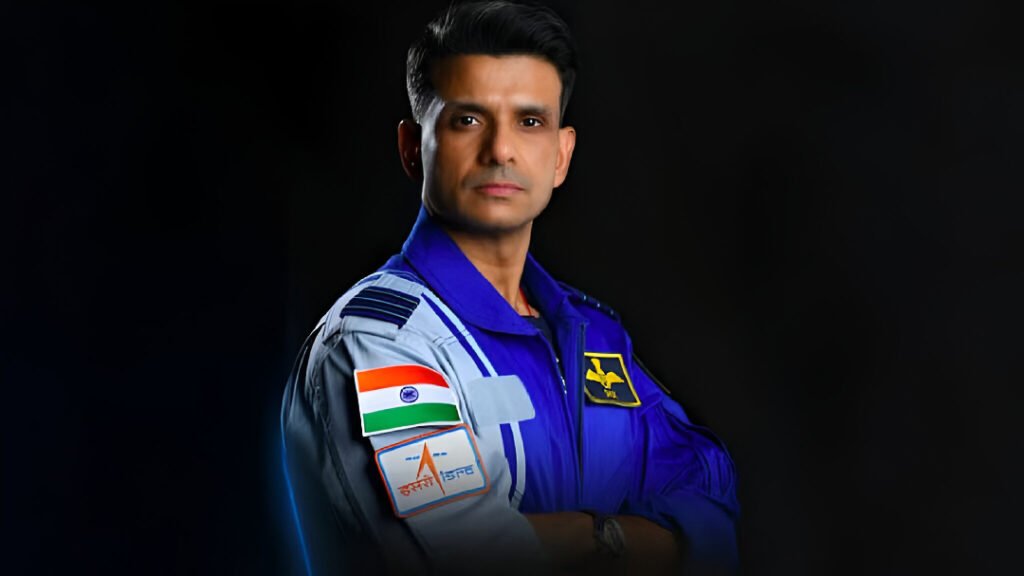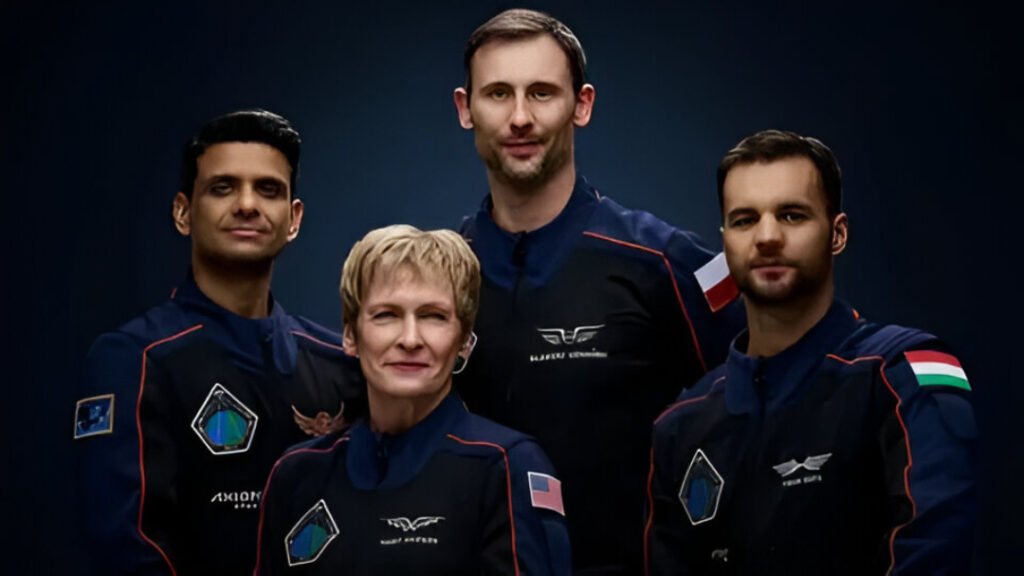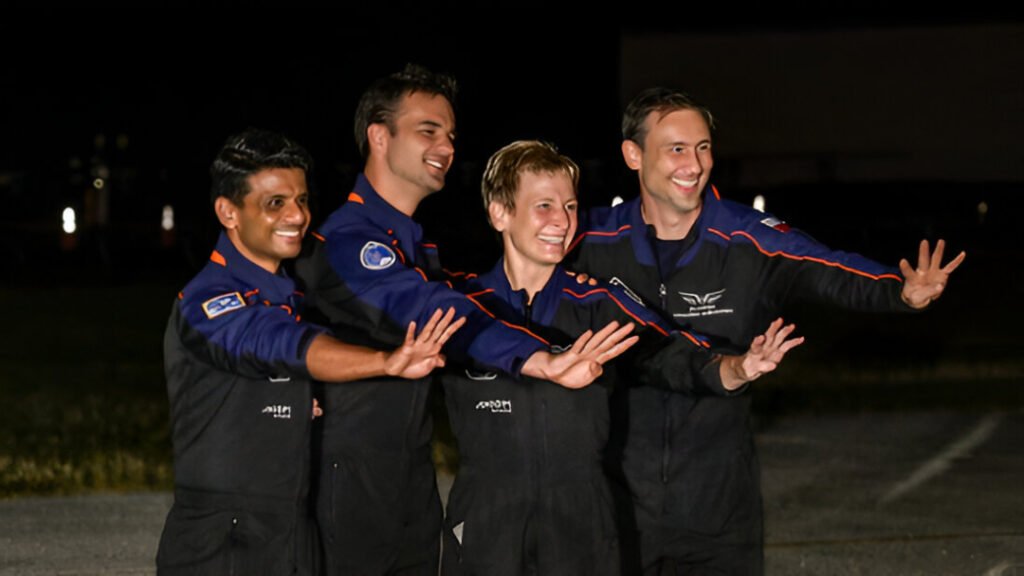
After a gap of 40 years, India has made it back into space in a grand way. Indian Air Force Group Captain Shubhanshu Shukla flew to the International Space Station (ISS) on the private Axiom-4 (Ax-4) mission, launched by SpaceX. The mission took off from NASA’s Kennedy Space Center in Florida, Launch Complex 39A to be precise, the same launchpad for Apollo 11’s Moon mission.
Shukla’s initial words following launch, “Namaskar mere deshwasiyon! Jai Hind, Jai Bharat,” resonated with the pride of the nation. Even after numerous delays due to weather and technical issues, the launch finally took place at 12:01 PM IST, a moment of Indian space exploration pride. He embarks on this 14-day mission along with astronauts from the US, Poland, and Hungary, performing more than 60 scientific experiments over 31 countries.
India’s Strategic Drive: From Agni-IV to Gaganyaan and Beyond

Shukla’s inclusion is more than symbolic; it is critical to pushing forward India’s long-term human spaceflight ambitions. The Ax-4 mission, which India spent more than ₹500 crore on, is considered a stepping stone towards the ambitious Gaganyaan mission launching in 2027. Successful Gaganyaan would make India the fourth country behind Russia, the US, and China to send humans to space on its own.
ISRO is also planning to launch its own space station, Bharatiya Antariksh Station (BAS), by 2035. These accomplishments, along with previous successes like Chandrayaan and Mangalyaan, signal India’s journey from a regional space player to a serious global player.
Science in Orbit: India’s Experiments Take Center Stage

While Shukla helps conduct multinational research on topics such as cancer cells in microgravity, 3D-printed polymers, and wireless acoustics, India’s own payloads are equally compelling. In partnership with Indian universities, ISRO is studying how food can be grown in space, a critical step for future Moon and Mars missions.
One of the experiments is aimed at getting salad seeds to germinate, and the other investigates the function of cyanobacteria microorganisms that can recycle waste, produce oxygen, and be used as food in space environments. These activities, in its international collaborations such as ESA and ICGEB, are vital for understanding the survival of humans long-term off of the planet.
Conclusion: A Proud Step Towards the Stars
Shubhanshu Shukla’s accomplishment is not a personal achievement; it is the beginning of a new Indian space age. His mission is India’s introduction into global collaboration and the way forward for independent human spaceflight. Gaganyaan on the horizon and BAS in the works, India is boldly embracing the future, not simply grasping for the stars but preparing to dwell among them.







